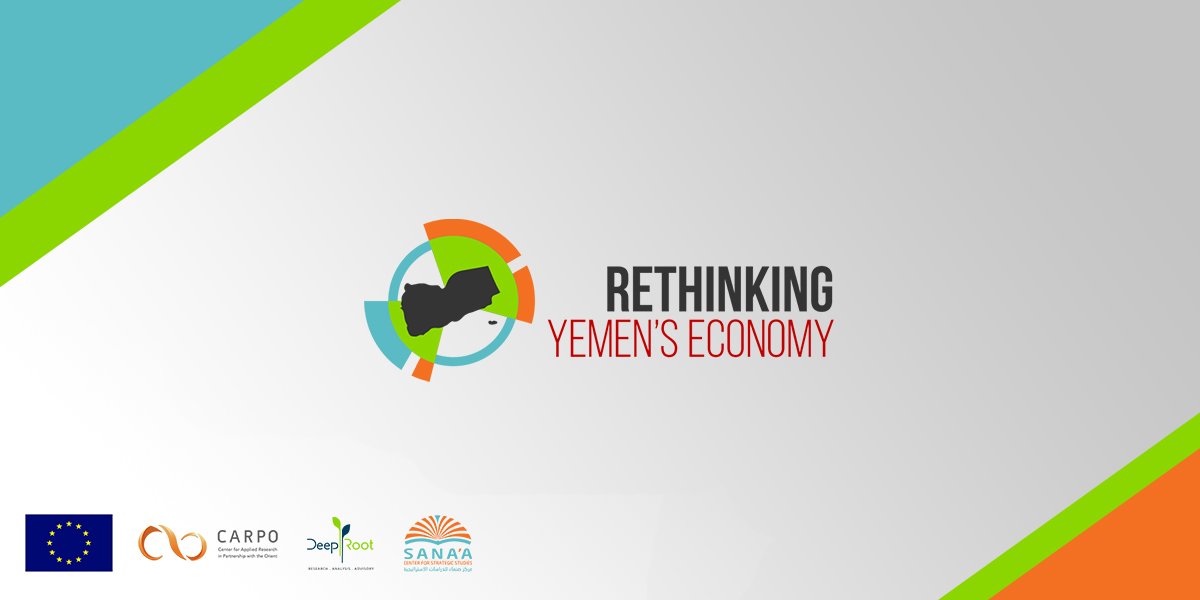Developing Yemen’s Fishing Industry
March 31, 2020 Policy Briefs
The fishing industry in Yemen faces many structural challenges that have limited its production and potential contribution to overall economic output. Development of the industry’s infrastructure, human capacity and regulation was already poor prior to the outbreak of the ongoing armed conflict in Yemen. Since the war began five years ago the fishing industry has faced increased challenges,…
